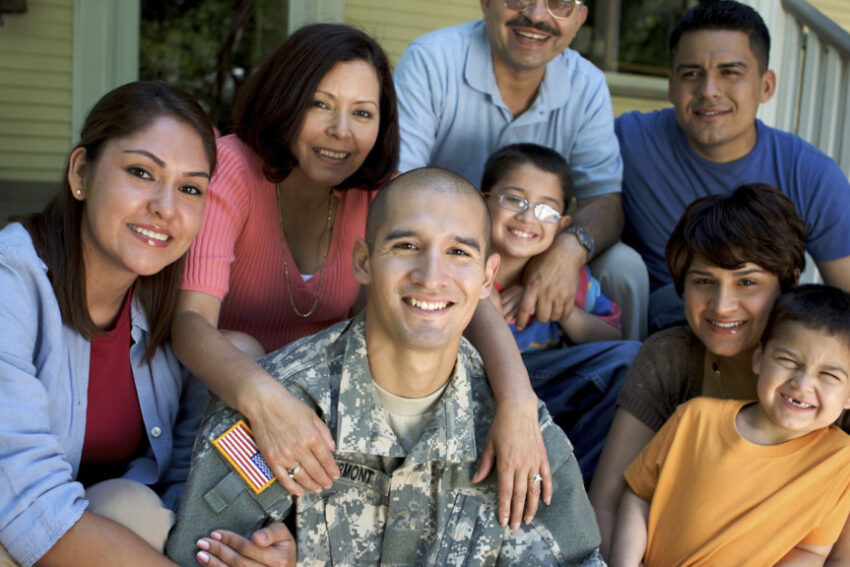Caregiving
Formal and informal caregiving is and will continue to be important to help all Texans remain active, vibrant parts of their community. We have a variety of materials and resources for child, adult and military family caregivers, including educational resources and in-person programming.
Related Departments: Nutrition

AgriLife Extension Military Program

Learn About
Caregiving
Programs
Courses
All Resources on Caregiving
- Course
In this course, Early Childhood Educators (ECE) will be provided an overview of Autism Spectrum Disorders (ASD) as they occur in the context of early childhood. ECEs will also be provided with strategies for managing the classroom and behavior of the individual child.
- Course
In this course, Early Childhood Educators (ECE) will be provided an overview of social emotional learning in preschoolers with special emphasis on teaching children to learn, regulate emotions and be resilient.
- Course
Research indicates that the first three years of life are critical for physical, social-emotional, and intellectual development. You will learn about developmental patterns, the domains of development, practical strategies for encouraging optimal development, and how to recognize signs of potential developmental delays.
- Course
In this training course, you will learn about cultural sensitivity. We define and describe culture, how cultures differ, dual language learners, pathways to cultural sensitivity, strategies for communicating with families who do not share your language, and strategies to make your setting culturally competent.
- Course
Child care providers have a great influence on what infants and toddlers see, hear, touch, taste, feel, and smell while children are in their care. This course examines several aspects of appropriate environments for infants and toddlers, such as health and safety, space and furnishings, learning areas, and more.
- Course
Social emotional development begins at birth and continues throughout life. This course will introduce child care providers to the process social emotional development, including key concepts such as temperament and attachment which affect a young child’s ability to develop strong social and emotional skills.
- Course
In this course, you will learn about healthy brain development. We discuss the importance of responsive interactions and secure attachments, how interactions drive language development, the roles of major brain chemicals, the impact of trauma on the developing brain, and strategies for supporting brain development.
- Course
Delve into various aspects of language development, how those look in the infant and toddler years, and ways to strengthen that development. You will explore the universal stages of language development. Finally, the various milestones during the first three years will be presented.
- Course
Circle time, or large group time, is when children come together to learn and have fun, solve problems, and be part of a community. This setting helps children begin to look at the world from the perspective of ‘we’ and ‘ours’. Circle time experiences, transitions and strategies for keeping children engaged are introduced.
- Course
Classroom management refers to skills teachers use daily to supervise and organize time, materials and activities, while keeping children safe. From the rules and routines to the activities, each component needs to be planned and followed through with children to ensure they are learning through play throughout the day.